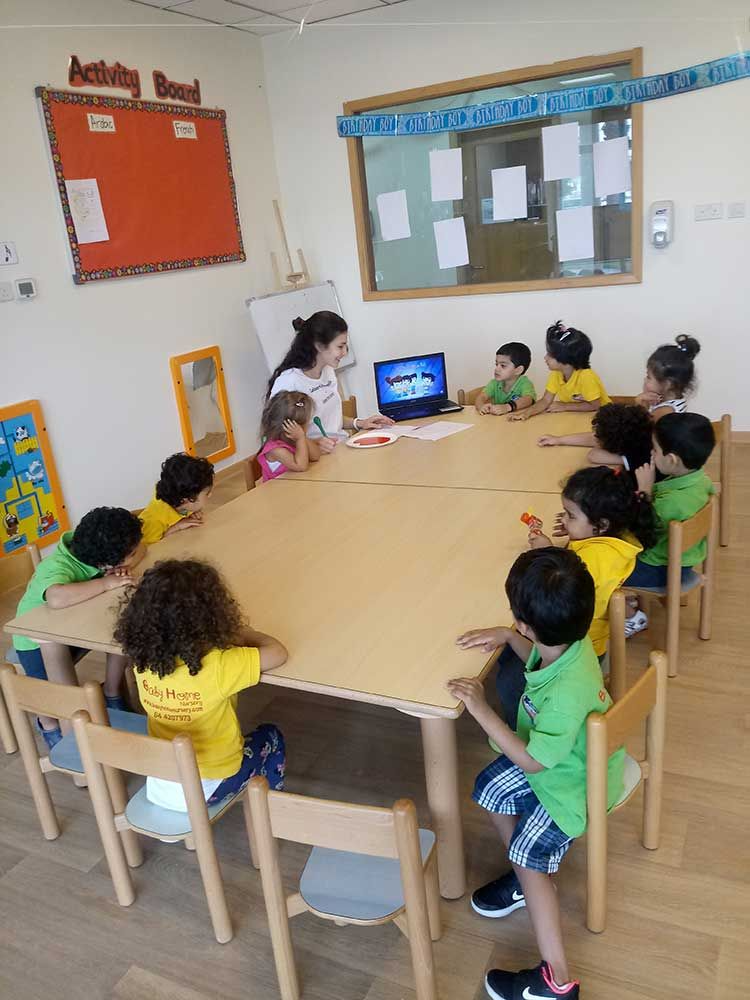Seeds Of Social Growth: How Nursery Schools Develop Children’s Social Skills
2 min read
Nursery schools serve as foundational environments where children embark on their educational journey. Beyond academic learning, these early learning centers play a pivotal role in shaping a child’s social development. This information explores how nurseries in JLT serve as fertile ground for cultivating essential social skills in young children.
Peer interaction in play:
Nursery schools offer a rich setting for peer interaction through play. Play-based activities allow children to engage with their peers, sharing toys, taking turns, and cooperating in various imaginative scenarios. This natural form of socialization promotes the development of communication skills and helps children learn to navigate social dynamics.
Group activities and circle time:
Structured group activities and circle time sessions are integral components of nursery school routines. These activities create a communal atmosphere where children learn to listen, take turns speaking, and participate in group discussions. Circle time fosters a sense of belonging and encourages the development of important social skills like active listening and sharing.
Conflict resolution:
In the diverse and dynamic environment of a nursery school, conflicts are inevitable. These situations provide valuable opportunities for children to learn conflict resolution skills. Educators guide them in expressing emotions, understanding others’ perspectives, and finding peaceful resolutions. These early experiences lay the groundwork for effective communication and interpersonal skills.
Building empathy and compassion:
Nursery schools emphasize values like empathy and compassion. Through stories, discussions, and real-life examples, children learn to understand and appreciate the feelings of others. Engaging in activities that highlight kindness and cooperation fosters a sense of empathy, nurturing the social and emotional intelligence of young learners.
Sharing and turn-taking:
Learning to share and take turns is a fundamental aspect of social development. Nursery schools create an environment where children are encouraged to share toys, tools, and experiences. Practicing sharing and turn-taking helps children develop a sense of fairness, patience, and consideration for their peers.
Developing friendships:
Nursery schools provide a platform for children to form their first friendships. These relationships contribute to the development of social skills such as communication, cooperation, and loyalty. Friendships formed in nursery school often serve as the foundation for future social interactions and relationships.


